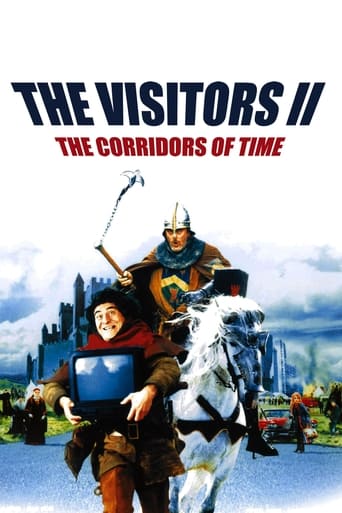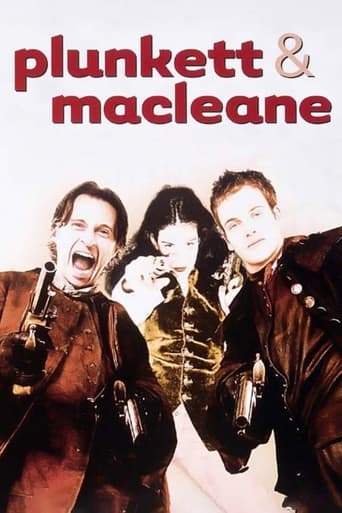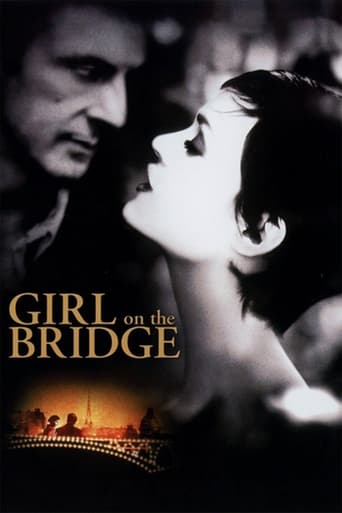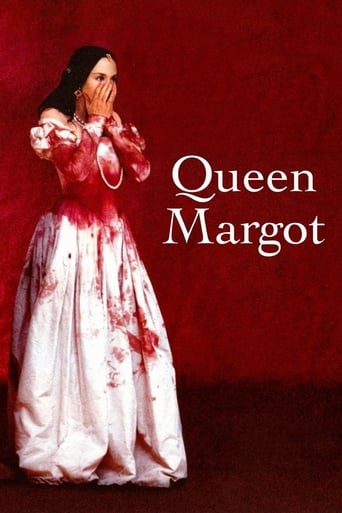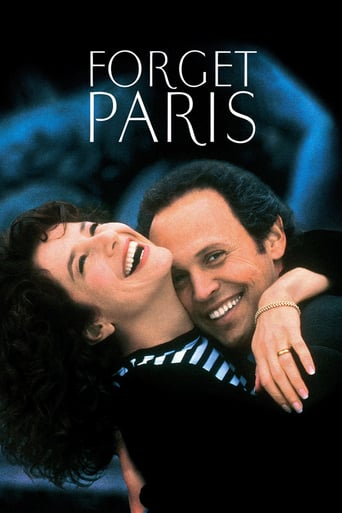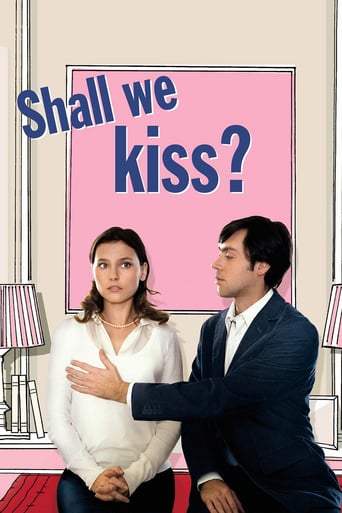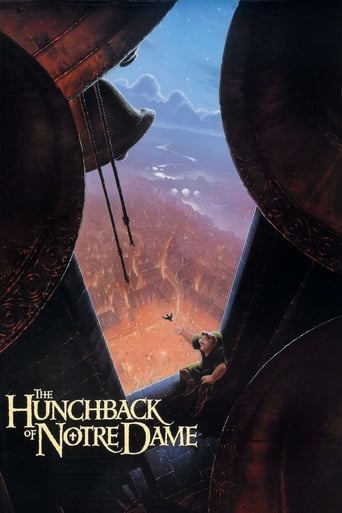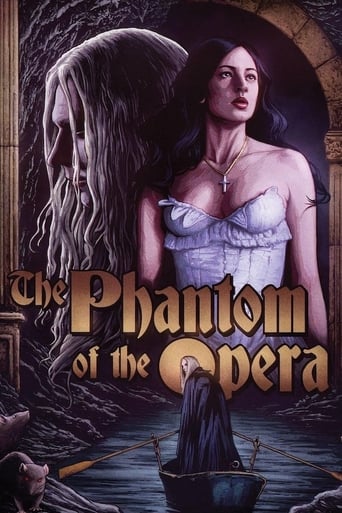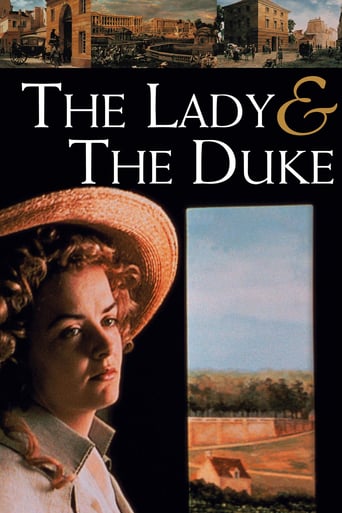
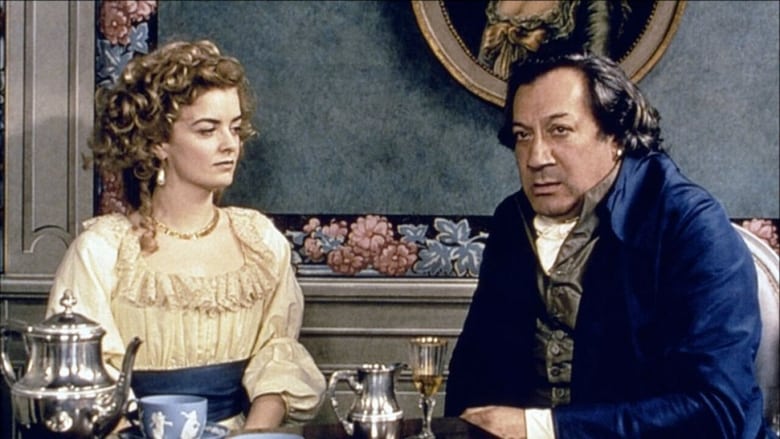
The Lady and the Duke (2001)
Grace Dalrymple Elliot is a British aristocrat trapped in Paris during the French Revolution. Determined to maintain her stiff upper lip and pampered life despite the upheaval, Grace continues her friendship with the Duke of Orléans while risking her life and liberty to protect a fugitive.
Watch Trailer
Cast
Similar titles
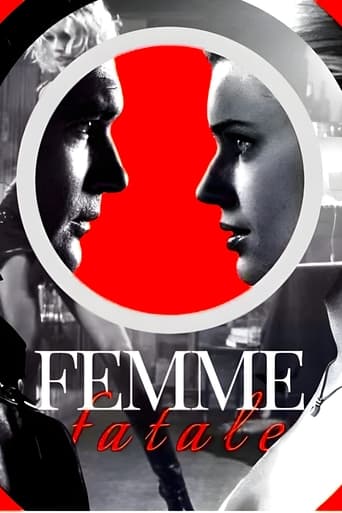
Reviews
In truth, there is barely enough story here to make a film.
Yo, there's no way for me to review this film without saying, take your *insert ethnicity + "ass" here* to see this film,like now. You have to see it in order to know what you're really messing with.
It's a good bad... and worth a popcorn matinée. While it's easy to lament what could have been...
This movie tries so hard to be funny, yet it falls flat every time. Just another example of recycled ideas repackaged with women in an attempt to appeal to a certain audience.
Acclaimed director Eric Rohmer tries to pull off some revolutionary ideas, but I'm not entirely convinced of a success. Perhaps the most striking deviation from classic film is his use of hyper-saturated digital colours. As other reviewers have pointed out, this is Rohmer's way of creating a living 18th century oil painting. But as the other reviewers also have pointed out, it's not always convincing. Indeed there are a handful of magnificent scenes where he succeeds. For a split second you're not sure if the camera is focused on a fancy Rococo painting...until suddenly the characters begin to move and talk. But the problem arises once the gimmick wears off, and those same vivid images begin to look like cheap CGI trickery, common in low budget made-for-TV films.The next biggest flaw--an bizarre oversight which I can't fathom--is the lack of music except at the very beginning and the very end. If this movie is indeed an aristocrat's view of late 18th century France, complete with impeccable costumes and fancy furniture, shouldn't there be, at the very least, an occasional Mozart, Rousseau or Bréval sonata in the soundtrack to help us settle into the period? Instead the scenes are awkwardly silent. I never realized how distracting it can be to NOT have music in a film!Last topic: character development. We get a nice performance from Lucy Russell as the "Englishwoman" (she did an excellent job of creating a Parisian accent tainted with Scottish roots, and when she "dumbs it down" in the scenes where she's pretending to be a tourist, it's very impressively done). But unfortunately I feel like hers was the only character that had any soul. Jean-Claude Dreyfus (the Duke), who was riveting in DELICATESSEN as the heartless villain, and equally memorable in CITY OF LOST CHILDREN as the big ole softy, never seemed to have a clear character in this film. This, I believe, is the fault of the director. He should have given Dreyfus a few closeups to allow us to see that very expressive face of his. Instead, I recall seeing only full body shots and profiles where we're not sure how genuine he is. The result is that you never trust the Duke at his words; you never know if he's a "good guy" or a "bad guy". It also doesn't help that the Lady is constantly flip-flopping her affections/hatred toward him. The resulting character confusion leads to us, the audience, becoming apathetic and distanced from the Duke.The story itself is very interesting, but I won't get into that because I don't want to ruin anything if you decide to see the film. Overall... I really don't know what to think of this. It held my interest for two hours but was never quite satisfying. Watch it on a rainy day and judge for yourself.
I've seen a lot of films set during the French Revolution, and this odd and tiresome effort by Eric Rohmer is definitely not one of the better ones. I can't help but feel that Rohmer had some grand vision for this movie, as recreating the life and vision of some late 18th century aristocrat, and he did not entirely succeed. For starters, the film seems less 18th century and more like a late 19th century stage play- filmed in the style of an early silent film, circa 1915. One almost expects the actors to begin to gesture wildly and start rolling their eyes. Character development is non-existent, and the direction, with its paucity of camera angles, is nothing to write home about. The actors do the best they can, but there is only so much that they can do, given the clunky script and direction. I didn't find the film to be boring exactly... just odd and half-baked. The much-ballyhooed digital backgrounds add to the air of weird, never-never land detachment to the entire proceedings.All in all, this is not the worst movie I've seen, but if you really want to get into the mindframe of 18th century nobility, then I would highly recommend the 1999 Masterpiece Theater miniseries "Aristocrats," which is far more entertaining, convincing and involving than "Lady and the Duke." If you wish to see a great film about the French Revolution, then go see "La Révolution Française" with Jane Seymour and Klaus Maria Brandauer (if you can find it), or "Danton" with Gerard Depardieu. Even the 1938 "Marie Antoinette" is more interesting than the Rohmer film, and Norma Shearer's reaction to the Princesse de Lamballe's head is a great deal more powerful than Lucy Russell's.
Whenever a great master is in his final years, the public tends to forgive his missteps. We accept that creative wells eventually run dry, and we content ourselves with whatever further work he creates, hoping only for a glimpse of a once great talent, before it is gone forever.Even that is asking too much of this film. I always enjoy Rohmer films, because they are, at worst, intelligent commentaries on the human condition. Even his lesser works, such as the Four Seasons films, are emotionally insightful, so even if we've seen it many times by now, it's at least pleasant in a familiar, anodyne way. In the case of -Lady and the Duke-, any such emotional insight was completely buried under Lucy Russell's insufferably whiny performance. Russell's Lady is not a strong, independent woman; she is a petulant, spoiled idiot. Her character is wholly unsympathetic, and I had difficulty caring about any of her moral concerns. In fact, I found her so irritating that I found myself wishing for her beheading. Probably not an emotion Rohmer was going for.And I have no idea what Rohmer was going for with those digital effects. They are not wondrous and pretty. They are completely unconvincing, and just plain distracting. At their best, the effects look cheap; at their worst, they look like actors standing in front of a painting. A bad, faux-Impressionist painting. In any scene involving these effects, my mind was immediately pulled away from the film to thoughts of computers and blue screens. Again, probably not what Rohmer was going for.It seems almost wrong to criticize Rohmer at this stage in his life, and perhaps that's why so few film critics criticized this film. He's sort of like a great ballplayer in the final year of his career: even though he doesn't hit 'em like he used to, everyone still cheers when he steps up to the plate. In the case of this film, however, he swung, missed completely, and struck out.
As interesting as a sheet of cardboard, this dispensable period piece has little going for it. It's overly wordy and fails spectacularly to evoke the tension and fear that the real-life characters must have felt as they dodged the French Revolution's fickle hand of justice. Eric Rohmer at 82? It shows.




